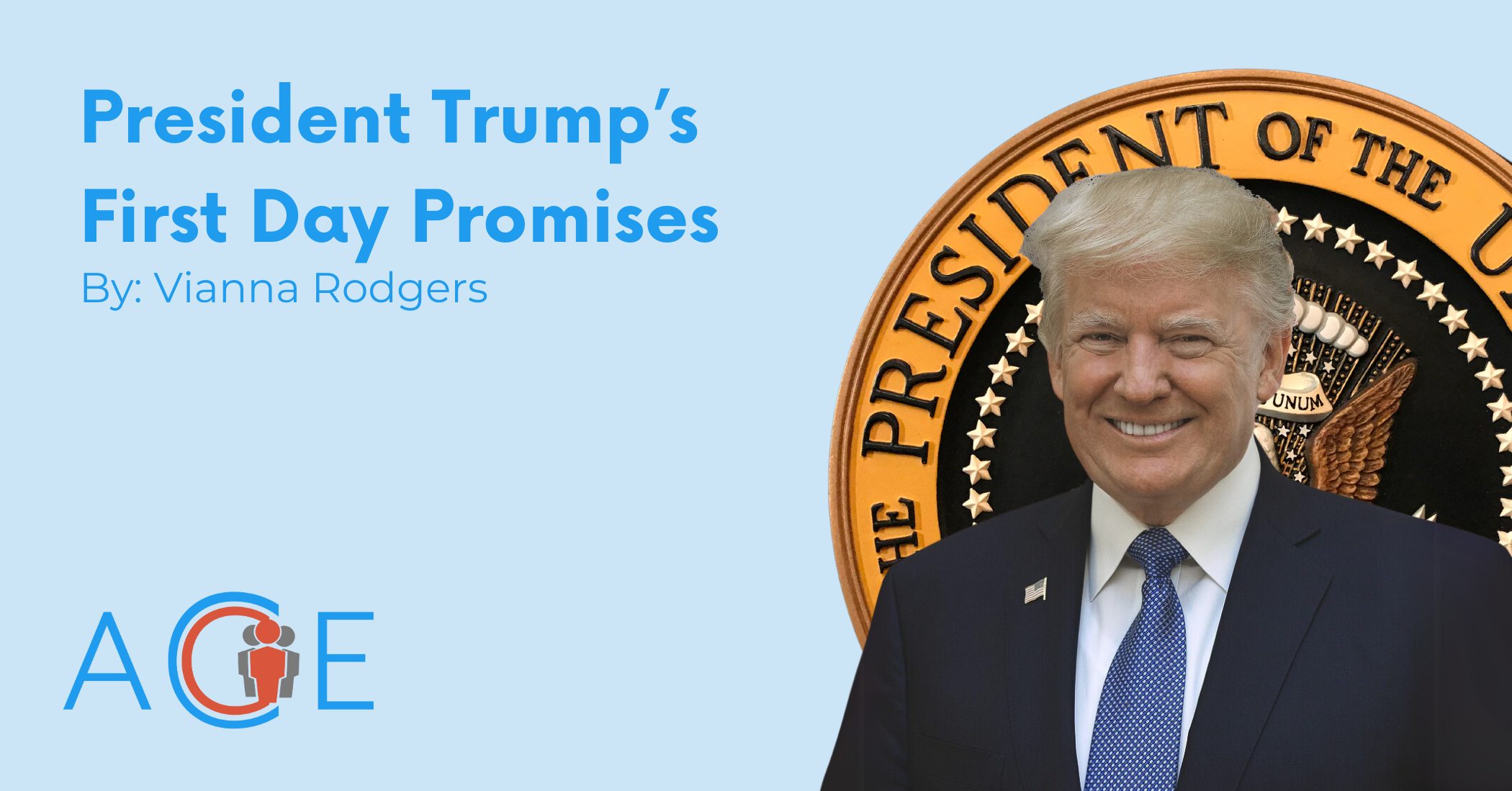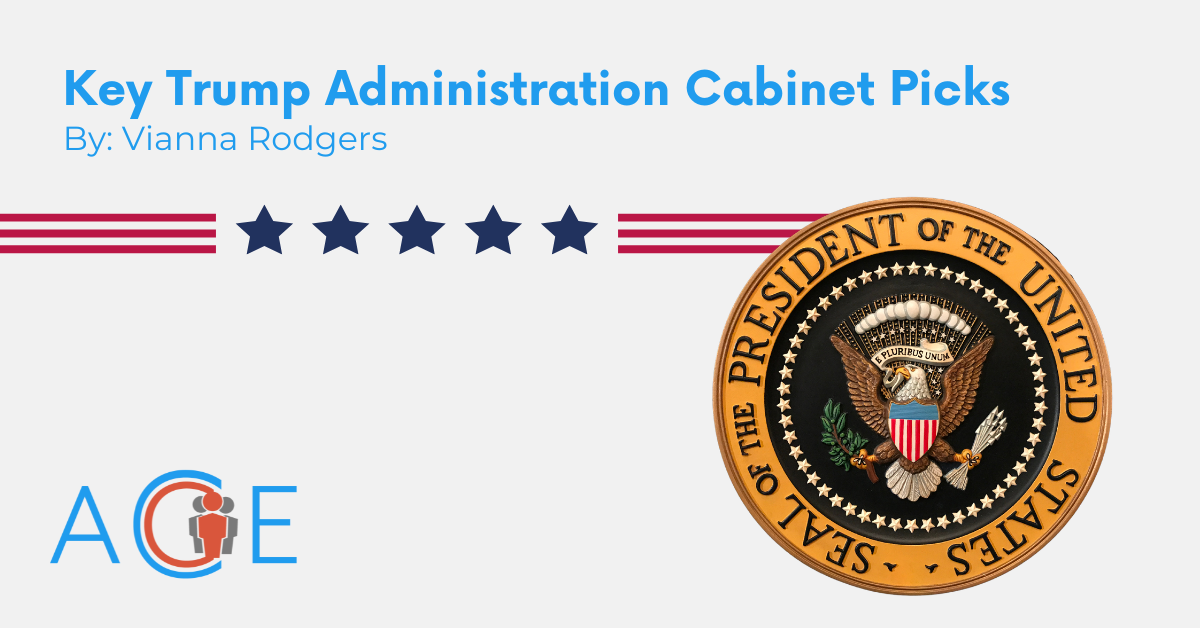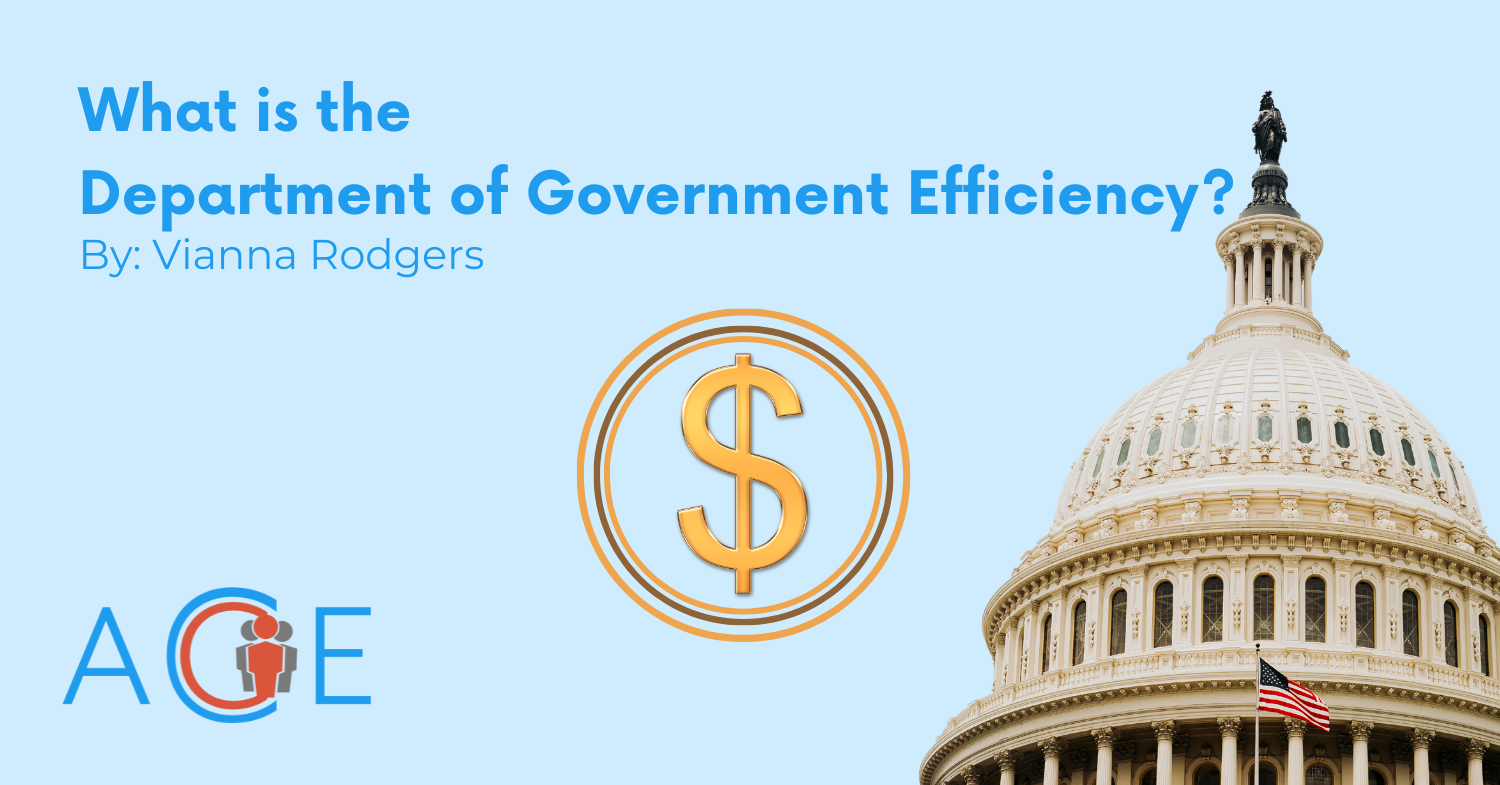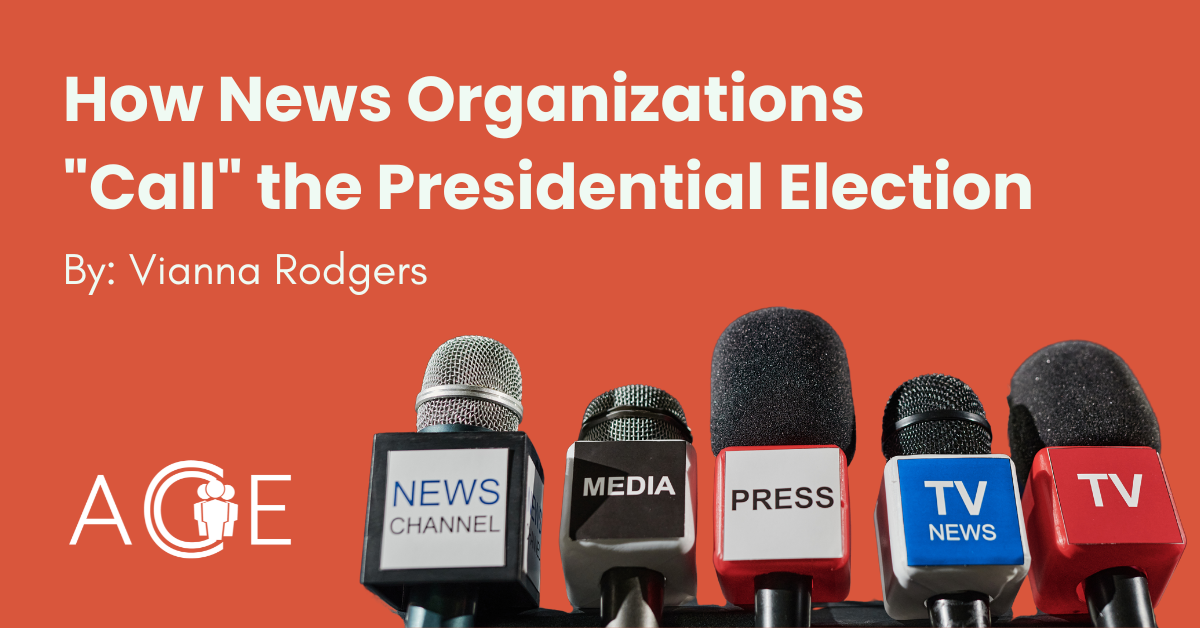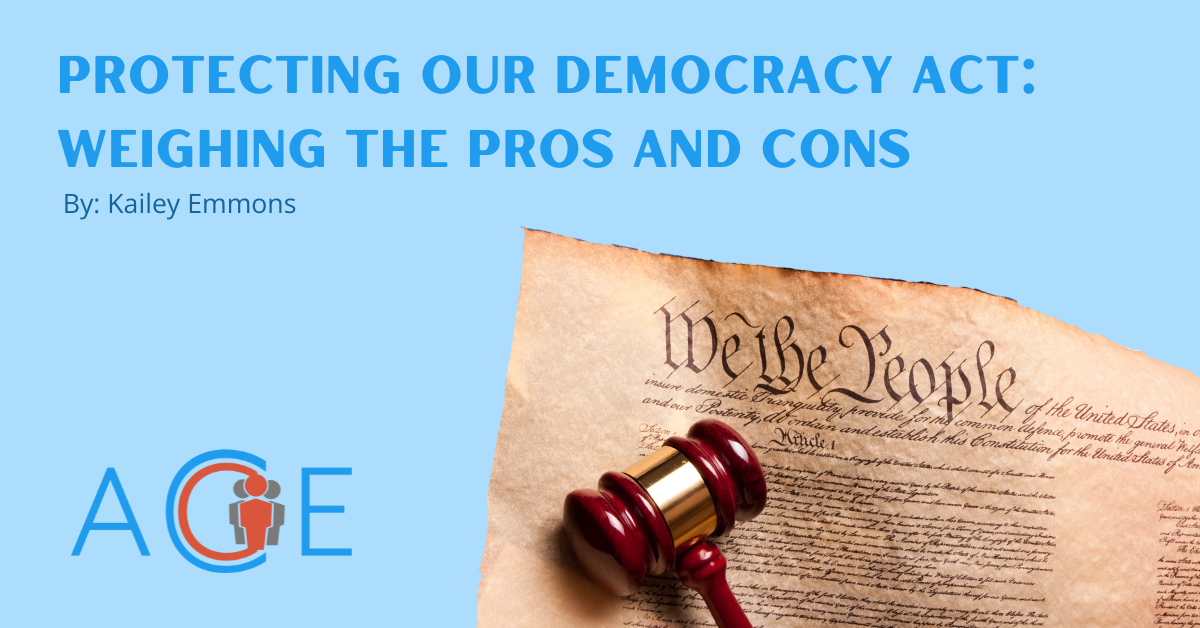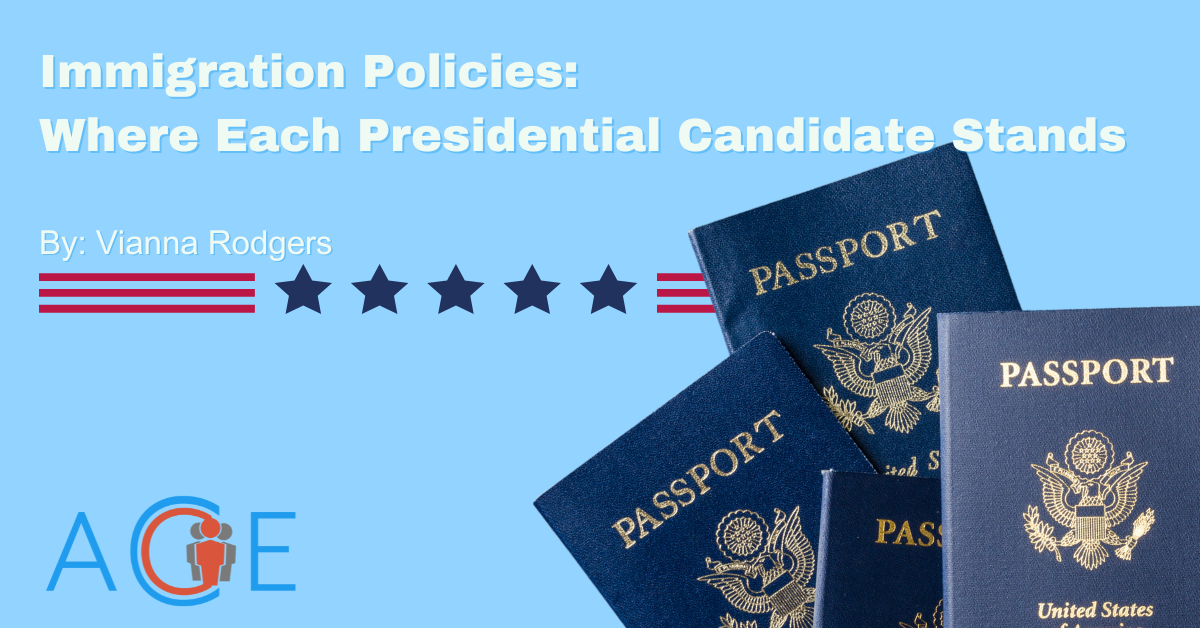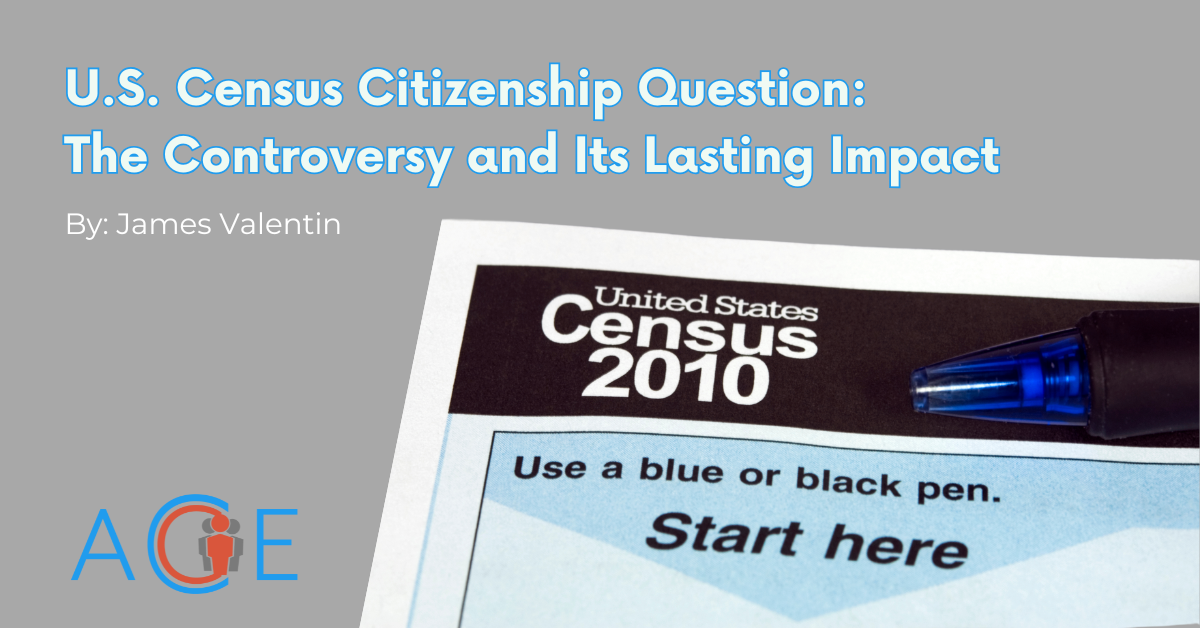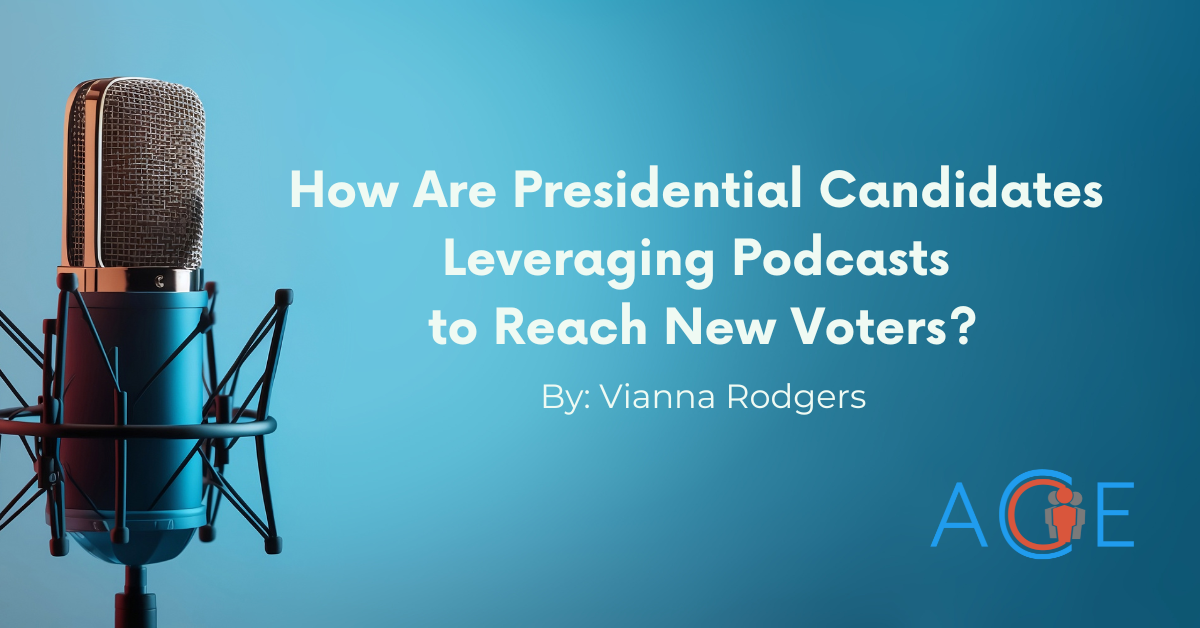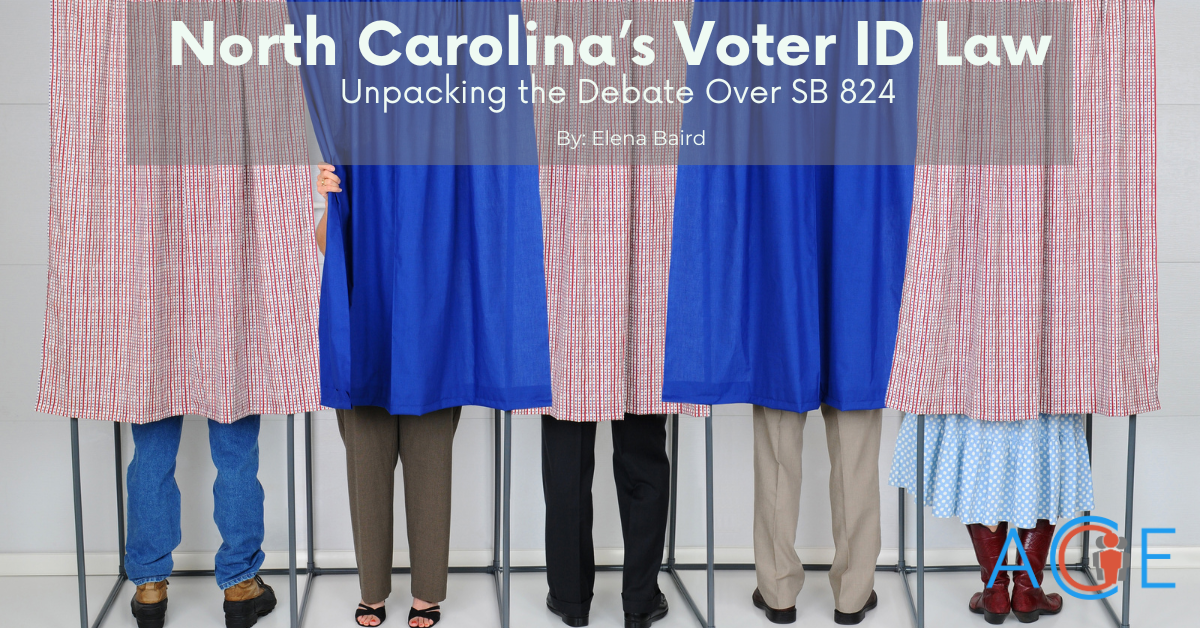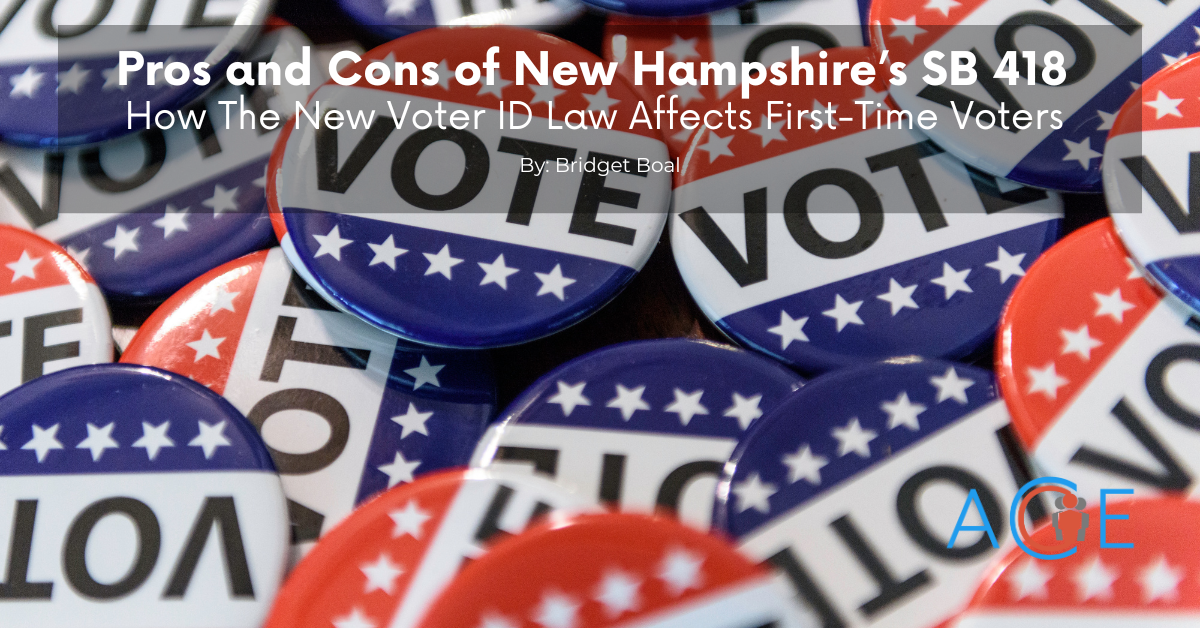President-elect Donald Trump is set to take office Monday, January 20th for his non-consecutive second term. Along the campaign trail, Trump has made several promises that he plans to execute on his first day back in office. Such promises include initiating mass deportations, ending the war in Ukraine, combating inflation, and pardoning those who were charged for their participation in the January 6th insurrection.
Mass Deportation
While campaigning, President-elect Trump promised to carry out the country’s largest mass deportation program, stating that America must “make the border strong and powerful.” Trump’s appointed “border czar” Tom Homan explained that the Trump administration would implement a “Remain in Mexico” policy on Trump’s first day in office. This policy would force asylum seekers to remain in Mexico while waiting for their asylum status to be approved. Additionally, Homan expressed plans to deport all illegal immigrants even if their children are United States citizens, arguing, “having a U.S. citizen child doesn’t make you immune from our laws.” It is expected that these policies will be implemented through executive orders.
Trump’s promised mass deportation program is estimated to cost around $86 billion. Without the guaranteed support of congressional funding, the budgets of executive agencies will need to be reworked in order to allocate enough funding to execute the policy. Given the impending increase in detained immigrants under his policy, the Trump administration is also preparing to work with county jails and private prisons to provide additional space for undocumented immigrants. In his Time Person of the Year interview, the president-elect also noted that he is prepared to call in the National Guard and local sheriffs to execute his deportation policies.
Ukraine Russia War
Donald Trump has repeatedly promised to take steps to end the war between Russia and Ukraine during his first days as president. In an interview with Fox news, Trump’s press secretary stated that on day one, Trump would bring “Ukraine and Russia to the negotiating table to end this war.” While Trump has not elaborated on the specifics of his plan to engage both nations in negotiations, his campaign’s communications director has noted that the war is a “top priority” of Trump’s second term and that “Trump believes European nations should be paying more of the cost of the conflict.” Despite Trump’s promises, Russia’s ambassador to the United Nations has argued that the conflict cannot be solved in “one day.”
Economy and Inflation
During his campaign for president, Trump promised to increase tariffs on foreign imports with the aim of decreasing costs for American consumers. In late November, Trump announced that he would implement a 25% tariff on all products coming into the United States from Mexico and China on his first day in office. Trump plans to keep the tariffs in place until illegal immigrants stop entering the United States. Moreover, Trump promised that he would leverage an “additional 10% tariff” against China until it stops the flow of drugs, particularly Fentanyl, from entering the U.S.
China, Canada, and Mexico have all denied their alleged involvement in the flow of drugs across U.S. borders, reiterating their commitment to border security in statements to the press. Mexico’s President Claudia Sheinbaum stated that “neither threats nor tariffs will solve the issue of migration or drug consumption,” arguing that Trump’s proposed day-one tariffs do not address the root issues underlying migration and the drug trade.
Despite promising to “bring [grocery] prices way down” during an interview with NBC in early December, Trump has also faced pushback from economists who warn that his proposed tariffs will instead increase the cost of goods for the American consumer. Chief market strategist at Corpay Cross-Border Solutions, Karl Schamotta, argues that the tariffs will “add approximately $272 billion a year to tax burdens, raise goods prices, [and] lift interest rates.” Trump recently backpedaled on his promise to lower grocery prices in his Time Person of the Year interview, stating that it would be “very hard” to bring down grocery prices due to broken supply chains. In the interview, Trump did not clarify his plans to fix the supply chain issue, but stressed that his day-one tariffs would strengthen the economy.
January 6th Pardons
On the campaign trail, Trump announced a plan to pardon all individuals charged for their actions related to the capitol insurrection on January 6th, 2021. In mid-December, Trump stated that he plans to issue pardons on a “case-by-case” basis, promising to look over each case within the “first hour that [he] gets into that office” to determine if the insurrectionists “actually caused death and destruction”. In the same interview, Trump claimed that most of the insurrectionists “should not be in jail” and have “suffered greatly.” At least 1,500 people have been charged or plead guilty to the attack on the capitol, and at least 645 people have been sentenced to jail time.
As January 20th approaches, critics and supporters alike wait intently to see whether the President-elect will follow through on his day-one policy promises.
